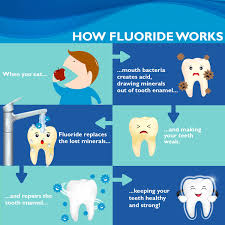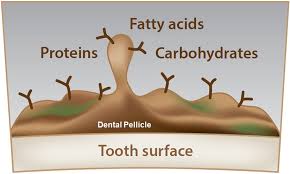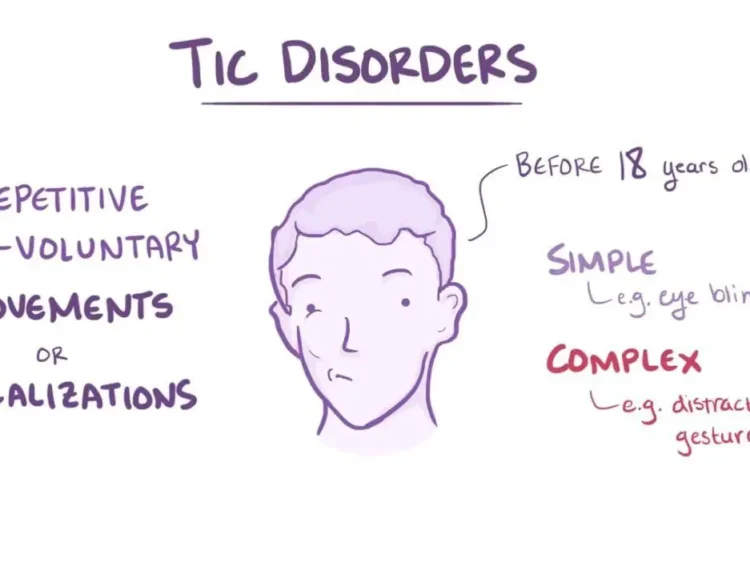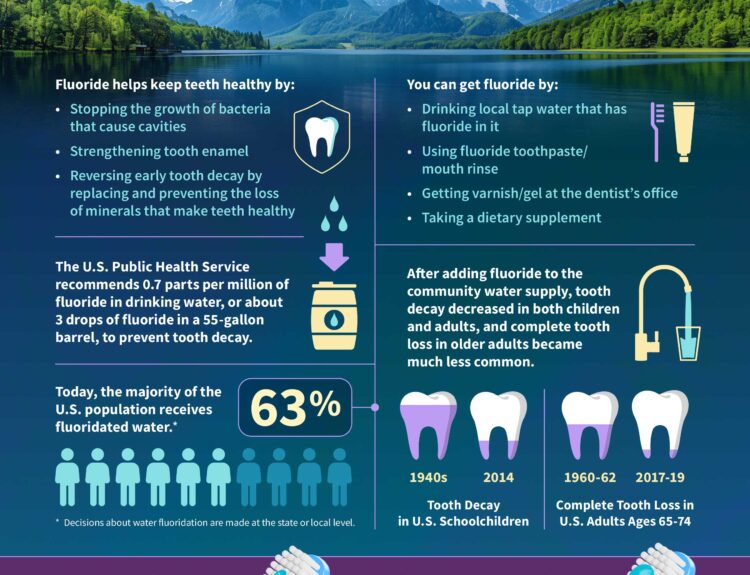Fluoride is a naturally occurring mineral commonly added to drinking water, toothpaste, and dental treatments to prevent tooth decay. While it is generally considered safe and beneficial for dental health, some individuals report adverse reactions to fluoride exposure, raising questions about the possibility of a fluoride allergy.
True allergic reactions to fluoride occur very rarely. The symptoms people attribute to a fluoride allergy might be due to sensitivity or irritation from other ingredients in oral care products.
It is, therefore, essential for us to understand difference between allergy and sensitivity. An allergy is an immune system response to a substance (allergen), triggering symptoms such as rashes, swelling, or anaphylaxis. In contrast, a sensitivity or intolerance involves non-immune reactions, such as digestive discomfort or skin irritation, without the same life-threatening risks. Scientific evidence does not currently support the existence of a true allergic reaction to fluoride. However, some individuals may experience fluoride sensitivity, leading to mild to moderate symptoms.
Patients’ Lookout: People who believe they are allergic to fluoride often report:
Skin reactions: Rashes, itching, or dermatitis is general complaint from fluoride-containing toothpaste or dental products.
Gastrointestinal issues: Some people suffer from nausea or stomachache after consuming fluoridated water.
Gums Swelling: Though not very common but some patients complain of swollen gums due to use of fluoride containing mouth rinses.
Oral Ulcers: Some individuals develop mouth ulcers after the use of toothpaste containing fluoride.
Burning or Tingling Sensation: A persistent or recurring burning or tingling feeling in the mouth.
Dry Mouth: Some individuals might notice increased dryness in their mouth.
Scientific Standpoint
These symptoms are more likely due to irritation or a non-allergic sensitivity rather than a true immune-mediated allergy. Research studies have not identified fluoride as an allergen. The American College of Allergy, Asthma, and Immunology (ACAAI) does not recognize fluoride allergy as a medical condition. However, some individuals may have:
Contact dermatitis: It is not due to fluoride but caused by additives present in fluoride toothpaste. Most toothpaste manufacturers blend sodium lauryl sulfate as additive.
Fluorosis: It is a condition caused by excessive fluoride intake, leading to tooth discoloration or bone issues, but not an allergic reaction.
Management of Fluoride Sensitivity
For those who experience oral irritation or discomfort from fluoride:
- Switch to non-fluoridated toothpaste. Look for alternatives containing ingredients like xylitol or nano-hydroxyapatite.
- Use fluoride-free mouth rinse.
- Drink filtered or bottled water with low fluoride levels.
- Consult a doctor or allergist to rule out other allergies (e.g., to toothpaste ingredients).
In summary, while a true fluoride allergy is unlikely, some individuals may experience sensitivities or irritations from fluoride exposure. Most reported cases are due to other ingredients in dental products or excessive fluoride intake rather than an immune response.








